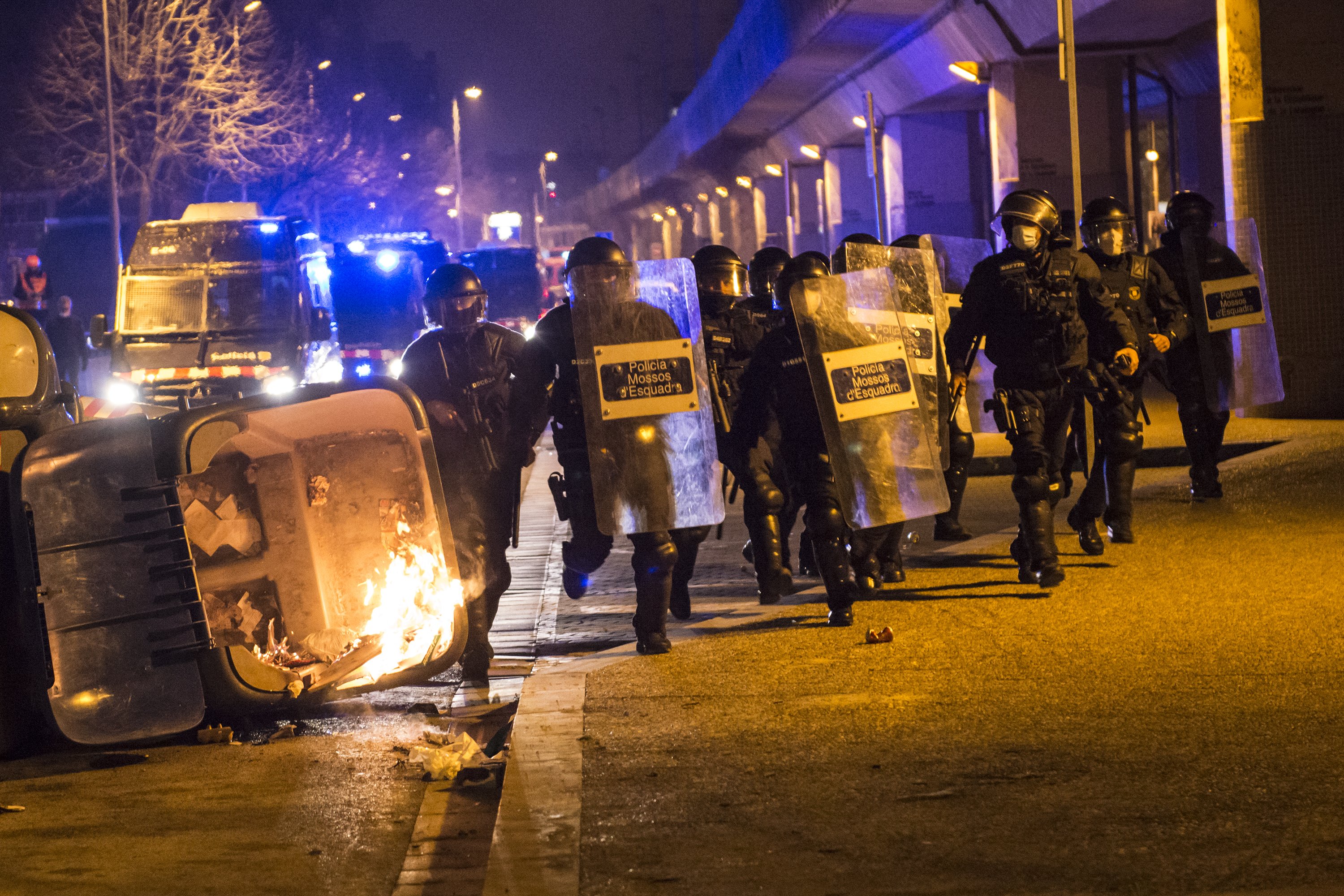In a World Cup that has already provided more than its share of plot twists, the footballing drama that unfolded on Thursday in the last round of Group E was one of those turns of a sporting script that would not have been credible if it hadn't actually happened. Spain, a hot favourite after its opening matches, only had to beat an apparently-inferior Japan, to qualify first and face Croatia next Monday in the first knock-out round. But everything went wrong. At some moments of the game, Luis Enrique's team was even out of the World Cup. It was the goals of Germany that saved them even though the Mannschaft were eliminated and Spain's Selección ended up losing against Japan. But the post-script to the result provides a new twist that goes beyond the stadiums: finishing second in the group, Spain is now paired with its neighbour Morocco. The game is scheduled for December 6th, next Tuesday, at four in the afternoon. The match, despite being played thousands of kilometres from Catalonia, will be treated as a high-risk event at home.
Catalonia's Mossos d'Esquadra police will be on guard for Tuesday's match which, moreover, falls on a public holiday in Spain. The concern of the Catalan police commands, especially at the points where there is greatest presence of Morocco migrants, is heightened by two specific facts. The first, last week's incidents in Belgium, when the Moroccan team beat the Belgians in the group stage, and groups of rioters took to the streets in the Belgian capital and other cities and confronted police, burnt containers and blocked streets. The incidents put police forces around Europe on alert, including the Mossos d'Esquadra.
Moroccan fans hit the streets in Reus and Figueres
In fact, on Thursday, when Morocco finished first in its group, gatherings of fans from the North African country in were seen in Catalan cities like Reus and Figueres, both with a high presence of people with Moroccan origins. Streets were closed by the revellers and although there were no incidents beyond this, they did serve to put the Mossos d'Esquadra on alert. In the city of Barcelona, there were also celebrations in the central Plaça Catalunya, without serious incidents.
For Tuesday, the Mossos d'Esquadra are preparing an operation in which public order teams will be deployed at points that could be considered centres of risk, such as those same two cities, and above all, in the centre of the Catalan capital. At the same time, active listening by police information units will be increased in order to understand the risk levels in different parts of Catalonia during and after Tuesday's game.
Worst case scenario, if Morocco wins
Overall, the Mossos d'Esquadra analysts are convinced that the worst scenario will be if Walid Regragui's players beat Luis Enrique's. Be that as it may, whoever gets through to the quarter-final, the Mossos are preparing a deployment with both possible outcomes in mind. The bookmakers' statistics place Spain in the role of clear favourite, but the way that the Qatar World Cup is unfolding is already proving stranger than fiction.
Tuesday's game also adds another element that makes it even more complex. December 6th is a public holiday in Spain, the Day of the Constitution, so many more people will be able to gather to watch and follow the match live and, if their team wins, go out to celebrate in the streets. The tie between Morocco and Spain is not just another World Cup match, that is clear in the Egara headquarters of the Mossos d'Esquadra. Thus, the result of yesterday's match has not only given Luis Enrique's coaching team a lot to think about in terms of on-field vulnerabilities, but has meant that, thousands of miles away, police will have some extra homework over the weekend to mount an operation so that people can celebrate the joy of their team winning, whoever it may be, without the victory ending in street violence.

